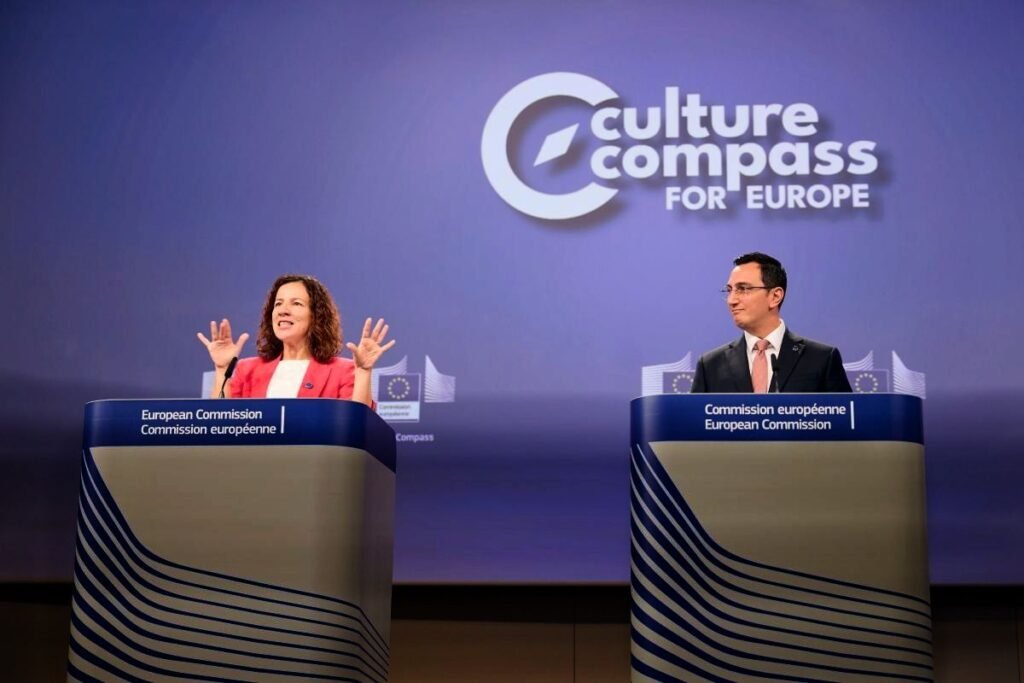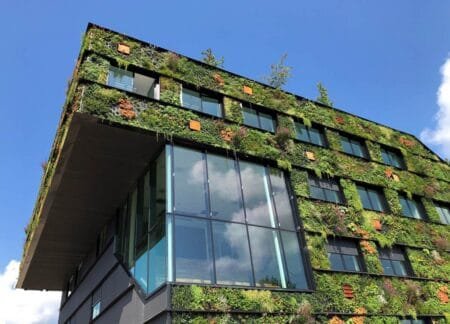The European Commission has presented a framework to shape EU cultural pollicy, what it calls a ‘Culture Compass for Europe’ with its vision for a vibrant and integrated European cultural landscape.

“The Compass’ strategic vision – ‘Europe for Culture – Culture for Europe’ – sets into motion 20 flagship actions driven by four key directions,” sayd Culture Commissioner Glenn Micallef: “It connects culture to Europe’s future – where culture creates and inspires without borders, where culture works for its artists, and empowers its sectors, and connects us to the world.”
The Culture Compass for Europe is designed to shape EU cultural policy, to ensure that culture plays a central role in fostering European identity, celebrating diversity, and promoting excellence, says the Commission.
The Compass aims to leverage the benefits of culture, notably by promoting Europe’s cultural assets, as well as addressing the major hurdles hindering the cultural and creative industries. These include restrictions on artistic expression, the precarious livelihoods of artists, unequal opportunities for cultural participation, and the transformative impact of artificial intelligence (AI) on the sectors.
The Culture Compass will guide EU policies in four key directions, for an EU that: upholds and strengthens European values and cultural rights; empowers artist and cultural professionals, and supports people; draws on culture and cultural heritage to become more competitive, resilient and cohesive; and champions international cultural relations and partnerships.
The Compass’ ambitions and political ownership will be underpinned by a proposal from the Commission to the European Parliament and Council for a draft Joint Declaration between the European Parliament, the Council and the Commission. A new report on the State of Culture in the EU will track progress in the cultural and creative ecosystem, with particular emphasis on artistic freedom.
A number of new initiatives are also set to be launched. They will include a new EU Artists Charter for fair working conditions for artists and cultural workers, a European Prize for Performing Arts, and a cultural stakeholders’ dialogue. There are also plans for an EU cultural data hub and a Youth Cultural Ambassadors Network to improve young people’s access to culture through a voluntary framework for national culture and cultural heritage passes. An AI strategy for the cultural and creative sectors and an update if the EU strategy on international cultural relations are also foreseen.







